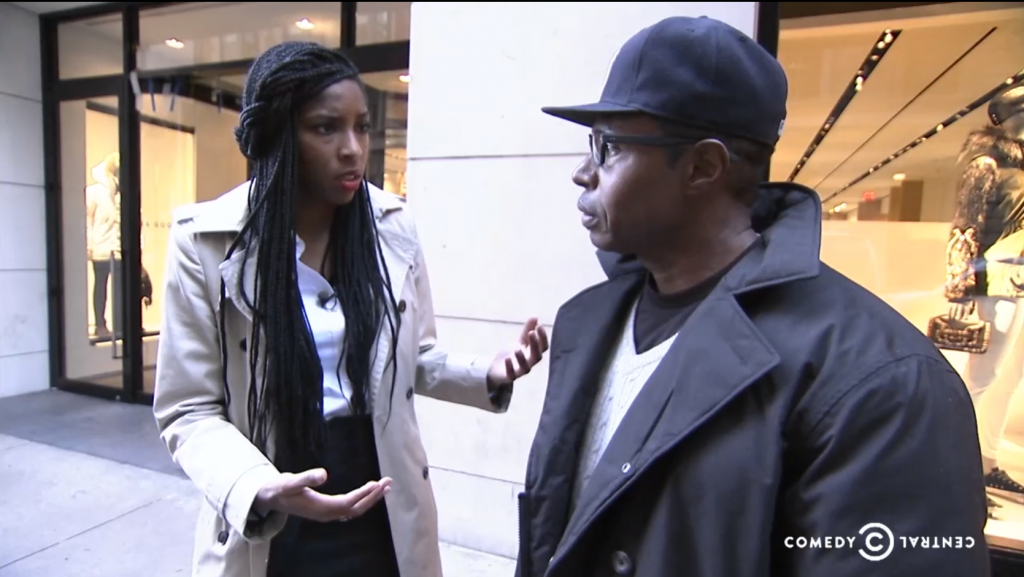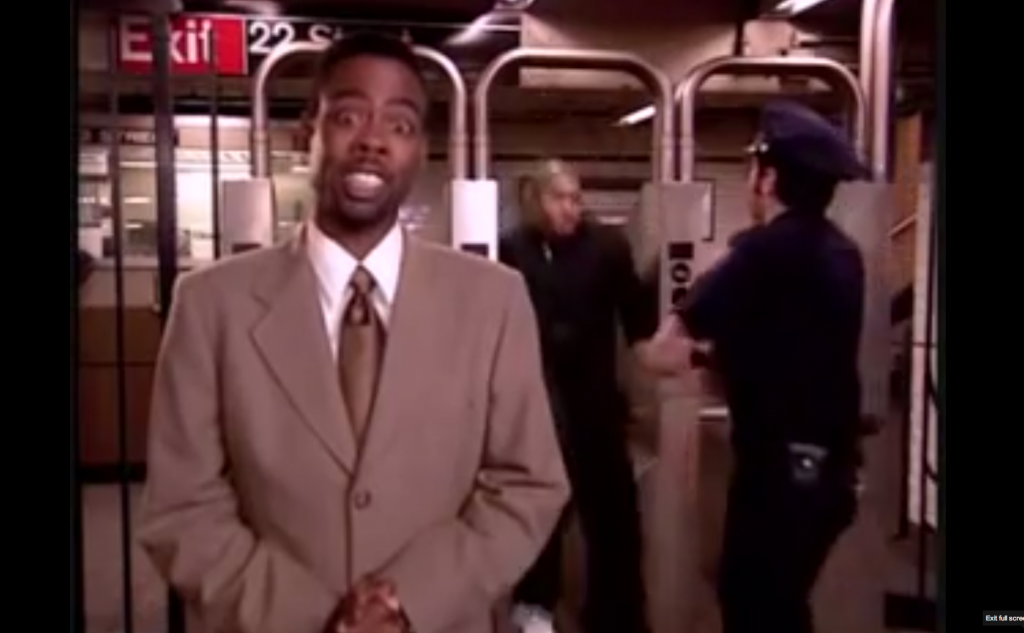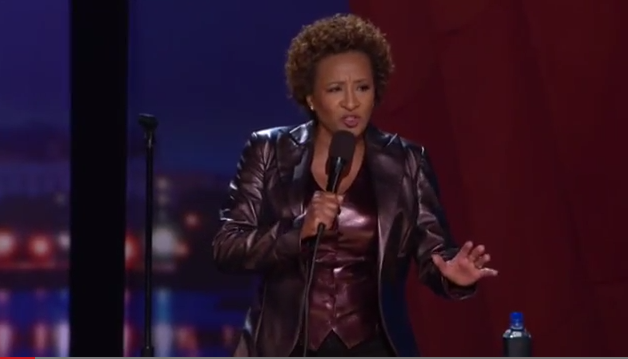In my last post, I looked at several cases of racial profiling of black Americans while they were shopping – “shopping while black”. This past week, the Daily Show with Jon Stewart  took up this issue in a skit called, “Black Friday Profiling” (they must be reading my blog). The skit investigates some additional cases of harassment of black shoppers who paid for their products. Jessica Williams interviews some of the victims, as well as people on the street. She ends the 4:17 sketch by providing advice on avoiding the risks of “shopping while black” – including always going shopping with a white friend.
took up this issue in a skit called, “Black Friday Profiling” (they must be reading my blog). The skit investigates some additional cases of harassment of black shoppers who paid for their products. Jessica Williams interviews some of the victims, as well as people on the street. She ends the 4:17 sketch by providing advice on avoiding the risks of “shopping while black” – including always going shopping with a white friend.
It certainly made me laugh and I think this could be a useful tool for teaching, BUT it needs to be used with care. There are several things to consider if you use this as a teaching tool:
- A discussion about WHY it is funny is crucial. The meaning of laughter is complex. Are people laughing because they think it is actually funny that blacks in the US in 2013 are still subject to racist assumptions? Or are they laughing because the racial profiling is so ridiculous?
- This should not be the only piece used. Students should not think that this is representative of the complexity or depth of the problem or be left with laughter as a response to continuing racism.
- Clearly this is not representative of rigorous methods. You could discuss the differences between entertainment and evidence-based academic research.
I think the first point is the most important. The reason this video is funny is because of the absurdity of the racist actions. It is a critical social commentary and there is a long history of black comedians using humor to shed light on racism.
A very small sample of other examples include (click on the images to link to the videos in a new window):
Chris Rock exams police brutality in the video, “How not to get your ass kicked by the police” It runs 3:51 and includes explicit language.
In this 5:20 stand up clip, Dave Chapelle also talks about the difference between white and black interactions with the police (again, it contains explicit language and content).
Wanda Sykes :55 stand up clip looks at “reverse racism”.
So, can we use comedy in the classroom? I think so, but it should not be all we use. Importantly, we should make sure our students understand the underlying social criticism and that we should be laughing because it is absurd, not because of the suffering of others.
Other resources:
- Mel Watkin’s book, On the Real Side: A History of African American Comedy from Slavery to Chris Rock
- Dr. Jacquelyn Rahman‘s An AY for an AH: Language of Survival in African American narrative Comedy
- Dr. Bambi Haggins book, Laughing Mad: The Black Comic Persona in Post-Soul America
Teach well. It matters.





Comments